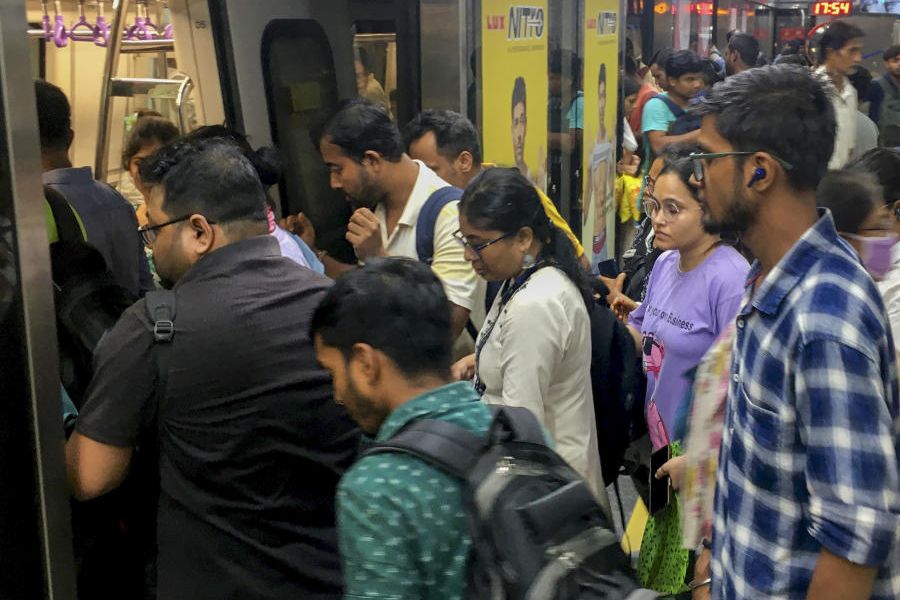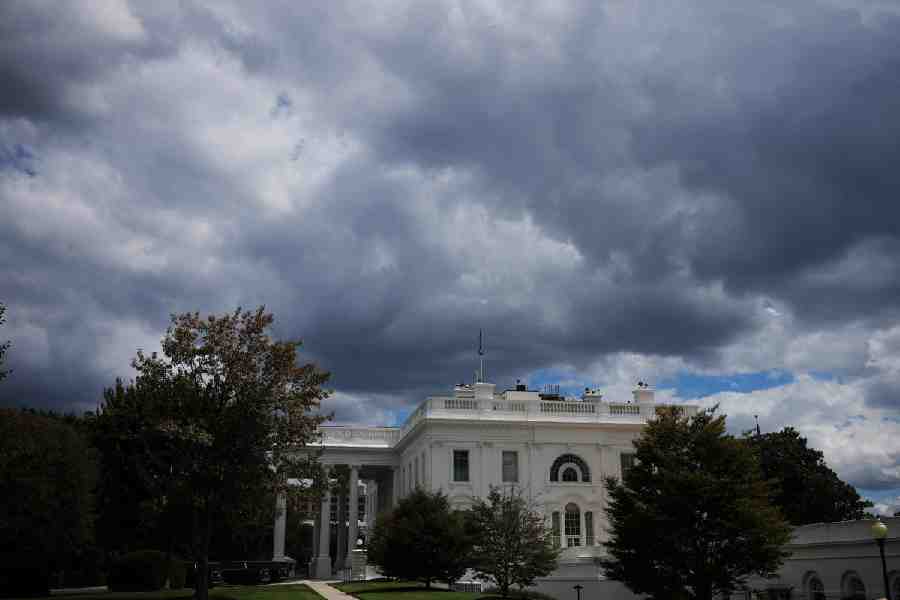 |
Guwahati, Sept. 13: The tree to which the screen Joymoti was bound and tortured is long gone — cut down by garden labourers.
The bungalow where Jyotiprasad Agarwalla did his post-production work is a picture of dilapidation.
But no one can stamp out the Joymoti legacy from Bholaguri Tea Estate, which is on its way to becoming a heritage site.
Seventy-four years after Assam’s first film — and India’s fourth — took shape at this sprawling tea garden in Sonitpur, the government has woken up to its tourist potential.
The garden, then owned by Agarwalla’s family, is now part of the ailing Assam Tea Corporation Limited.
“There will be a museum and a park in memory of Assamese cinema at the garden. A statue of Jyotiprasad has already been erected near the entrance of the tea estate,” the president of the managing committee formed by the state government, Nagen Sharma, said.
The garden bungalow — which still houses many of the equipment used by the filmmaker — will become a tourist hut.
The bungalow’s name, Chitrabon, in fact, was later used by the state’s only film studio, Jyoti Chitraban, located in Guwahati.
The garden, which is 10km from Gohpur, will be opened for tourists by next year.
The Assam Tea Tribes Students’ Association has been demanding for long that the Bholaguri and Cinnamara tea estates — the latter was the first garden to be owned by an Assamese planter, Maniram Dewan — be developed into tourists destinations.
But work began only after Gohpur MLA and education minister Ripun Bora took up the cudgels to revive this garden as a cinema “museum”.
Both estates, ironically, are owned by the sick ATCL.
The process of transferring an 11-bigha plot in the tea estate to the social forest department for development work has already begun. The tourism department is preparing the modalities for running the heritage site and marketing it to the world outside.











